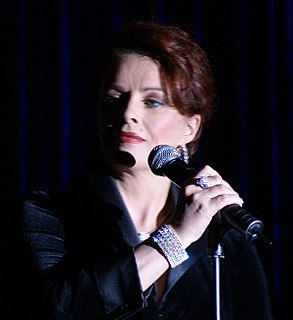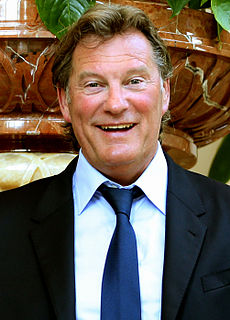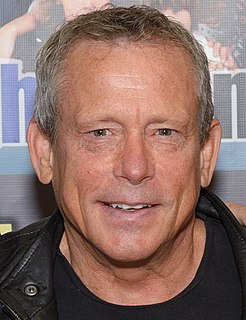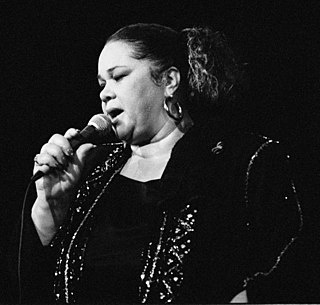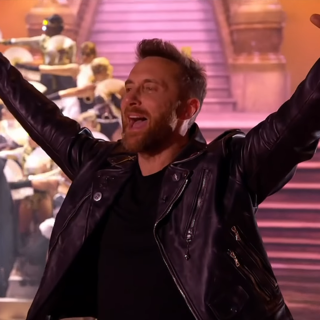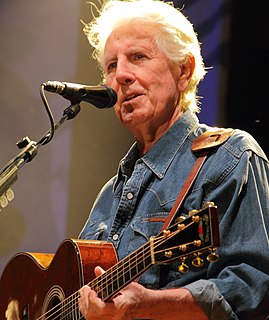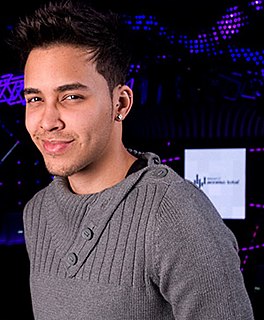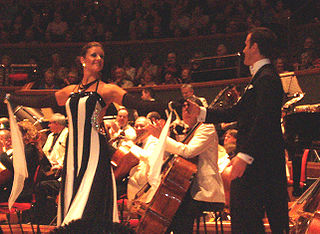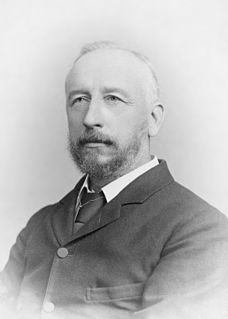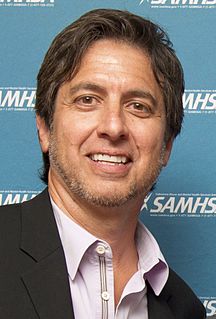A Quote by Sheena Easton
When I was working with David Cassidy at the Rio, I made an album of updated versions of some 1970s disco tunes. I had a blast.
Related Quotes
The 1970s was probably the most exciting decade to be a teenager, from discovering Little Richard at the end of the 1960s to glam rock to punk rock to electro music. So much happened in that 10-year span. There were so many musical revolutions. Some were happening at the same time. You had disco going on behind punk. You had Michael Jackson. You had the Sex Pistols.
As a late teenager, the punk movement pushed me further. In particular, the Clash, which happened to leak through the time of disco, showed me that there was this cross-cultural sound that could cut across genres and audiences. Like punk was to disco, rap music was a rebellion against R&B, which had adopted disco and made it worse.
I've known the poet Eileen Myles since the 1990s, when I first moved to New York, and I remember seeing her walking her Pit Bull Rosie around the East Village. She had these beautiful arms and David Cassidy hair and the sort of swagger so many of the gay boys I knew wished we had. We all had crushes on her.
